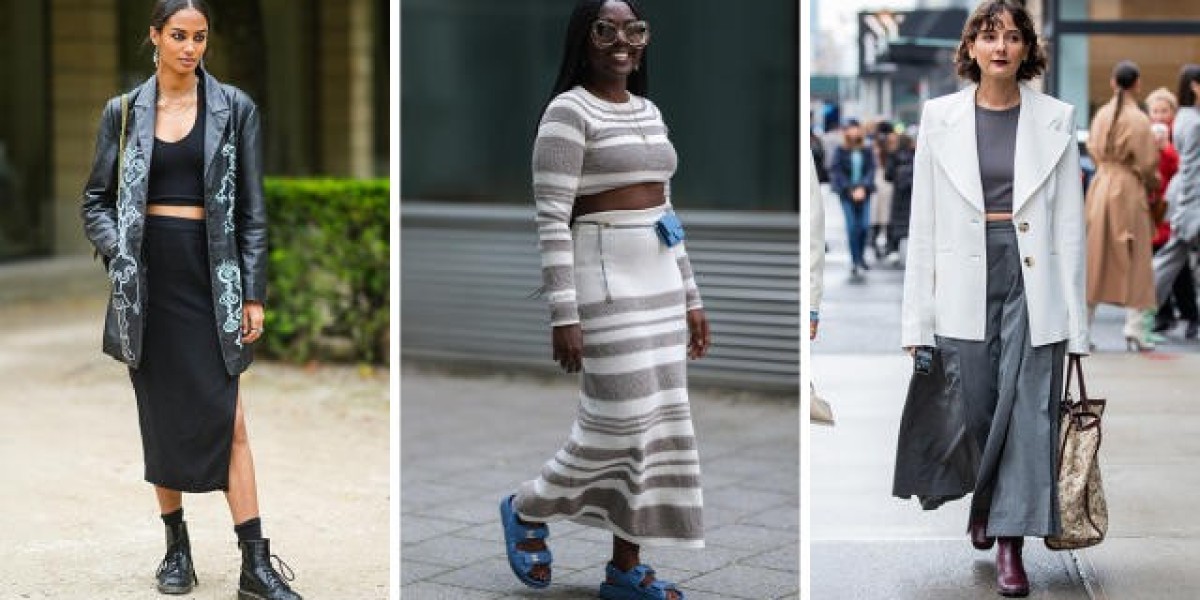When it comes to elegance, cultural heritage, and fashion, Pakistani dresses are a standout choice for many. This comprehensive guide will explore the rich diversity and timeless appeal of Pakistani attire, focusing on both traditional and modern styles that define this vibrant fashion landscape. Whether you’re seeking intricate designs for a special occasion or looking to incorporate traditional elements into your everyday wardrobe, this article will provide all the insights you need.
Understanding Pakistani Dresses
Pakistani dresses are renowned for their intricate designs, high-quality fabrics, and the skillful craftsmanship that goes into each piece. These garments are not just clothing; they are a reflection of Pakistan’s rich cultural heritage and diverse traditions.
Traditional Pakistani Dresses
Saree: Although not originally from Pakistan, the saree has been embraced in Pakistani culture, especially in regions with strong cultural ties to India. It consists of a long, unstitched cloth draped elegantly around the body, often paired with a blouse and petticoat. Sarees are available in various fabrics, including silk, chiffon, and georgette, each adding a different touch of sophistication.
Shalwar Kameez: The quintessential Pakistani outfit, the shalwar kameez, comprises a long tunic (kameez) and baggy trousers (shalwar). This versatile dress is favored for its comfort and style, making it suitable for both casual and formal occasions. It comes in a wide array of fabrics, from cotton and linen for everyday wear to luxurious silk and velvet for special events.
Anarkali Suit: Named after the legendary courtesan Anarkali, this dress features a long, frock-style top paired with a churidar (tightly fitting trousers). The Anarkali suit is known for its flowing silhouette and intricate embroidery, making it a popular choice for weddings and formal gatherings.
Lehenga Choli: This traditional attire consists of a long skirt (lehenga) paired with a cropped top (choli) and a dupatta (a long scarf). Lehenga cholis are often heavily embellished with embroidery, sequins, and beads, making them ideal for festive occasions and celebrations.
Modern Pakistani Dresses
Pakistani Maxi Dresses: Combining modern fashion with traditional elements, maxi dresses have become a popular choice in contemporary Pakistani fashion. These dresses are typically floor-length and can range from casual to formal, often featuring vibrant prints and embellishments.
Pakistani Fusion Wear: This category blends traditional Pakistani designs with modern fashion trends. Fusion wear often includes contemporary cuts, fabrics, and styles while retaining traditional embroidery and embellishments. Examples include cropped tops paired with long skirts or modern shalwar kameez designs with sleek trousers.
Pakistani Dresses for Formal Events: For weddings and formal occasions, Pakistani designers create stunning ensembles that include heavily embellished gowns, sophisticated evening dresses, and opulent bridal wear. These dresses often feature intricate beadwork, embroidery, and luxurious fabrics, designed to make a statement.
Fabrics and Embellishments
Popular Fabrics in Pakistani Dresses
Silk: Known for its luxurious feel and sheen, silk is a popular choice for formal and festive dresses. It drapes beautifully and often features intricate embroidery, making it ideal for occasions such as weddings and parties.
Cotton: A staple for everyday wear, cotton is favored for its breathability and comfort. Pakistani cotton dresses often feature vibrant prints and are suitable for casual outings and warm weather.
Chiffon: This lightweight, sheer fabric is commonly used in formal attire, especially for evening dresses and sarees. Chiffon’s delicate texture adds an elegant touch to any outfit.
Velvet: Velvet is associated with luxury and opulence. It is often used in formal and winter attire, providing a rich texture and deep color that enhances the overall look.
Common Embellishments in Pakistani Dresses
Embroidery: Traditional Pakistani embroidery techniques, such as zardozi, gota, and mirror work, are frequently used to adorn dresses. These intricate designs add a touch of elegance and are often seen on bridal wear and special occasion dresses.
Sequins and Beads: Sequins and beads are used to add sparkle and shine to dresses. They are commonly found on evening wear and festive attire, creating a glamorous effect.
Mirror Work: This embellishment involves sewing small mirrors onto fabric, creating a reflective effect that adds a unique touch to traditional outfits. Mirror work is often used in conjunction with other embroidery techniques.
Choosing the Right Pakistani Dress
Selecting the perfect Pakistani dress involves considering several factors:
Occasion: The type of event will influence your choice. For formal events, opt for heavily embellished and luxurious fabrics. For casual wear, choose comfortable fabrics and simpler designs.
Body Type: Different styles suit different body types. For example, Anarkali suits are great for adding flow and movement, while fitted lehengas can enhance the silhouette.
Personal Style: Choose a dress that aligns with your personal taste and comfort. Whether you prefer traditional elegance or modern fusion, there’s a wide range of options available.
Where to Buy Pakistani Dresses
Local Boutiques: Many cities have boutiques specializing in Pakistani fashion, offering a range of traditional and modern dresses. Shopping at these stores allows you to see and try on garments before purchasing.
Online Stores: Online platforms have become increasingly popular for buying Pakistani dresses. Websites offer a vast selection, often with detailed descriptions and customer reviews to help make your decision.
Designer Stores: For high-end, custom-made dresses, designer stores provide exclusive collections. Designers often offer bespoke services, tailoring dresses to your specific measurements and preferences.
Conclusion
Pakistani dresses offer a captivating blend of tradition and modernity, with styles ranging from elegant sarees and shalwar kameez to contemporary maxi dresses and fusion wear. Whether you’re celebrating a special occasion or looking to enhance your everyday wardrobe, the variety and richness of Pakistani fashion cater to all tastes and preferences. For an exceptional selection of these garments, Sapphire provides a diverse collection that embodies both traditional charm and modern sophistication.



